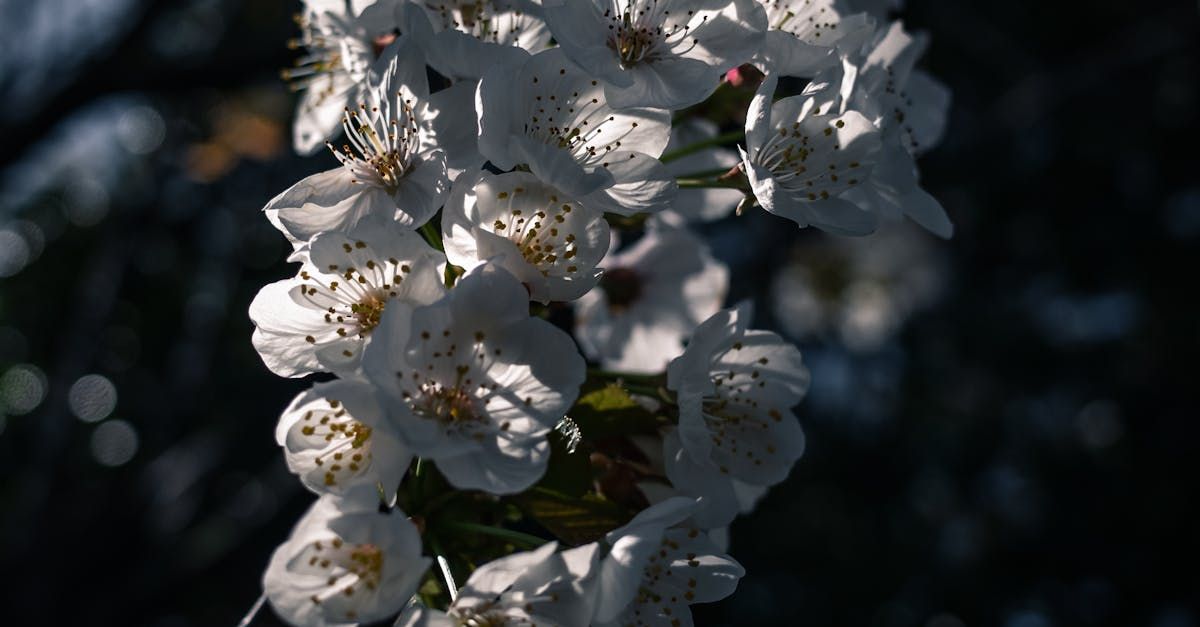Finding Serenity: Cannabis and Insomnia
Unveiling the Natural Sleep Aid: How Cannabis Can Help Alleviate Insomnia
In today's fast-paced world, restful sleep is often elusive, leaving many individuals grappling with insomnia and its detrimental effects on their overall well-being. However, there's a natural remedy that holds great promise in combating sleeplessness: cannabis.
In this comprehensive blog post, we delve into the relationship between cannabis and insomnia, exploring its potential as a sleep aid and shedding light on its effectiveness. Join us as we uncover the science, benefits, and practical considerations surrounding cannabis for insomnia.
Cannabis and sleep are intricately linked through the endocannabinoid system (ECS), which plays a crucial role in regulating sleep-wake cycles and promoting overall balance in the body. Cannabis contains cannabinoids, such as THC (tetrahydrocannabinol) and CBD (cannabidiol), which interact with the ECS receptors, potentially influencing sleep patterns. THC, known for its psychoactive effects, may help induce drowsiness and shorten sleep latency, while CBD, a non-intoxicating cannabinoid, may promote relaxation and reduce anxiety, indirectly improving sleep quality. The specific effects of cannabis on sleep can vary depending on the strain, dosage, and individual factors, making it important to find the right balance for optimal sleep support.
Cannabis offers a range of potential benefits for individuals struggling with insomnia. By promoting relaxation and reducing anxiety, cannabis can create a conducive environment for falling asleep. Its ability to induce drowsiness and improve sleep quality can lead to longer and more restful nights. Additionally, cannabis may help minimize sleep disruptions, such as frequent awakenings during the night. The therapeutic properties of cannabinoids, such as THC and CBD, contribute to the potential effectiveness of cannabis as a sleep aid. However, it's important to note that individual experiences may vary, and finding the right strains and dosages tailored to each person's needs is essential for maximizing the benefits of cannabis for insomnia.
Choosing the right strains and cannabis products for insomnia is crucial in optimizing sleep support. When selecting strains, it's important to consider the balance between THC and CBD. CBD-dominant strains tend to have less psychoactive effects and may be preferable for individuals sensitive to THC or seeking a more mild experience. On the other hand, THC-dominant strains can provide stronger sedative effects. Finding the ideal balance depends on personal preference and desired outcomes. Additionally, considering the method of consumption is essential. Inhalation methods like smoking or vaporizing offer quicker onset and easier dosage control, while edibles and oils provide longer-lasting effects. Understanding individual tolerance, desired potency, and potential side effects can help guide the selection process, ensuring a tailored approach for optimal relief from insomnia.
Safe and effective cannabis consumption for insomnia involves several important considerations. First and foremost, it is crucial to start with a low dosage and gradually increase it to find the minimum effective dose. This helps minimize the risk of adverse effects and allows for better personalization. Additionally, consulting with healthcare professionals, especially those knowledgeable about cannabis, can provide valuable guidance and ensure any potential interactions or contraindications are taken into account. Being aware of local laws and regulations surrounding cannabis use is important to ensure compliance. Lastly, practicing responsible consumption and using reputable, lab-tested products can help ensure the quality and safety of the cannabis being used for insomnia relief.
Integrating cannabis into a sleep routine involves developing a structured approach for optimal results. Start by establishing a consistent bedtime routine that incorporates relaxation techniques such as meditation, deep breathing exercises, or gentle stretching. As part of this routine, consider incorporating cannabis consumption in a way that aligns with personal preferences and needs. Whether it's consuming a CBD-dominant strain or a THC-dominant strain with sedating effects, finding the right balance is key. Experiment with different consumption methods such as inhalation, edibles, or oils to determine what works best for you. Keep track of the effects of cannabis on your sleep by maintaining a sleep journal to identify patterns and adjust your routine accordingly.
Remember, everyone's response to cannabis may vary, so tailoring the integration of cannabis into your sleep routine is essential for achieving the desired outcomes.
Harnessing the power of nature, cannabis presents a promising solution for those struggling with insomnia. By exploring the intricate relationship between cannabis and sleep, we've shed light on its potential benefits and provided guidance for safe and effective consumption. Remember, finding the right approach requires personal experimentation and consultation with healthcare professionals. Embrace the path towards restful nights and a refreshed, revitalized you with cannabis as your ally in the battle against insomnia.
SHARE:
Disclaimer: The information provided in this article is for educational purposes only. The content is not intended to be a substitute for professional medical advice, diagnosis, or treatment. Always seek the advice of your physician or other qualified healthcare provider with any questions you may have regarding a medical condition. The use of cannabis, including smoking, may have potential health risks and may not be suitable for everyone. It is essential to understand and abide by the laws in your country or state regarding cannabis use. The author and publisher of this article are not responsible for any adverse effects or consequences that may result from the use of the information presented in this article. This blog is sponsored by
Fresh Mint.












